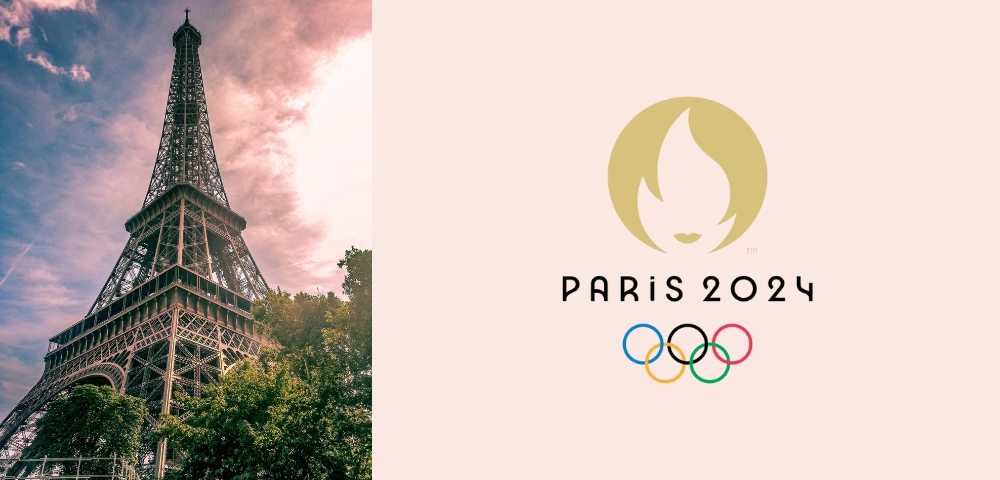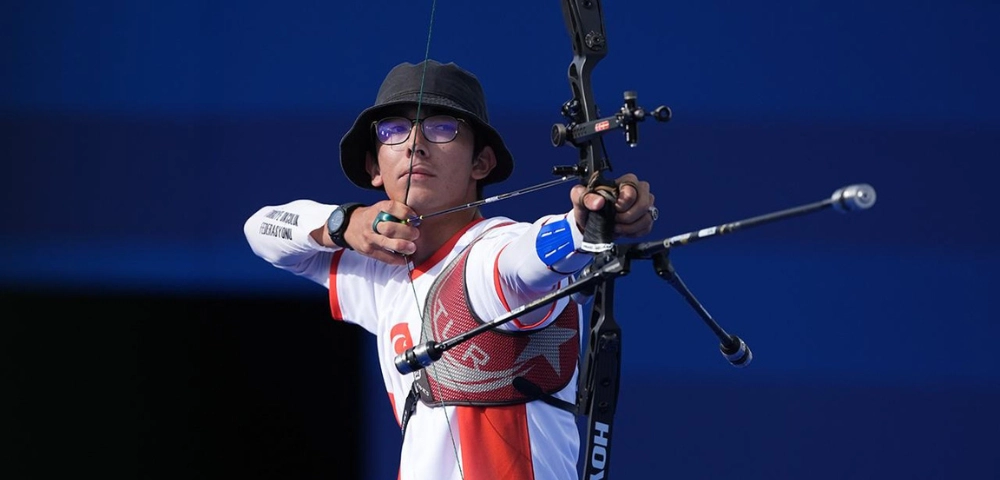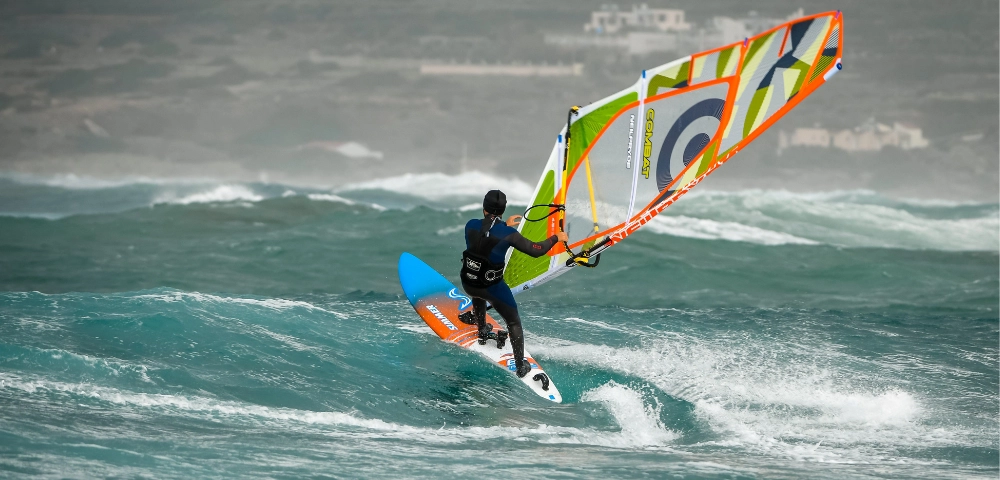
The Paris 2024 Olympics, set against the picturesque backdrop of the City of Light, has been a stage for remarkable athletic achievements and a battleground against nature's unpredictable elements. Extreme weather conditions, including unprecedented heatwaves, torrential downpours, and severe thunderstorms, have significantly disrupted the Games. These conditions have forced event postponements and venue evacuations and raised critical safety concerns for athletes who have had to navigate these challenges while striving for Olympic glory.
Heatwaves and Extreme Temperatures
Severe heatwaves have plagued the Games, with temperatures soaring to uncomfortable levels for athletes and spectators. The extreme heat has been a primary concern, delaying the 20km race walk finals and several other events. Organizers have remained vigilant, ensuring participants stay hydrated and safe while adjusting event schedules to cool parts of the day.
Heavy Rains and Thunderstorms
Heavy rains and thunderstorms have further complicated the event schedule. The opening ceremony was marred by rainfall, setting a challenging tone for the rest of the Olympiad. On Day 4, Paris was put on its second-highest storm alert, resulting in the evacuation of an Olympic venue and the suspension of two hockey matches, which were eventually completed behind closed doors.

Postponements and Delays
Several events have faced postponements due to adverse weather. Notably, the skateboarding event was postponed because of heavy rain, highlighting the difficulties of hosting outdoor events amidst unpredictable weather patterns. Additionally, sailing and windsurfing races experienced delays, forcing athletes to adapt to sudden changes in their competition schedules.
Due to severe forecasted weather conditions and the risk of thunderstorms, the final six matches of the archery event have been postponed to August 1. This postponement affects Turkish archer Mete Gazoz, among others. Similarly, the evening session featuring three beach volleyball matches has been rescheduled at the Eiffel Tower Stadium to avoid the weather.
Water Quality Concerns
Beyond the direct impact of weather, water quality has emerged as a significant issue. Concerns over pollution levels in the River Seine, exacerbated by heavy rainfall, have postponed swimming events and raised questions about the safety of open water competitions.

Safety Measures and Future Precautions
In response to the ongoing weather challenges, Olympic organizers have implemented several safety measures. These include:
- Altering Event Timings: Events are rescheduled to cool parts of the day to mitigate heat-related risks.
- Providing Cooling Stations: Numerous hydration and cooling stations have been set up to help athletes and spectators cope with the heat.
- Ensuring Medical Readiness: Medical teams are readily available to address heat-related illnesses and other emergencies.
Moving forward, there is a heightened focus on monitoring weather forecasts and adapting plans to ensure the safety and well-being of all participants.
The Paris 2024 Olympics have underscored the increasing impact of extreme weather events on global sporting events. We may experience disruptions due to these extreme weather events more frequently in the next Olympics as a result of the impact of climate change. The persistent weather disruptions highlight the urgent need for robust contingency planning and adaptive strategies to manage extreme conditions. As the Games continue, athletes, organizers, and fans alike remain hopeful for clearer skies and smoother sailing in the days ahead.






